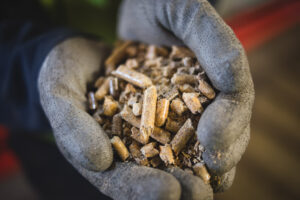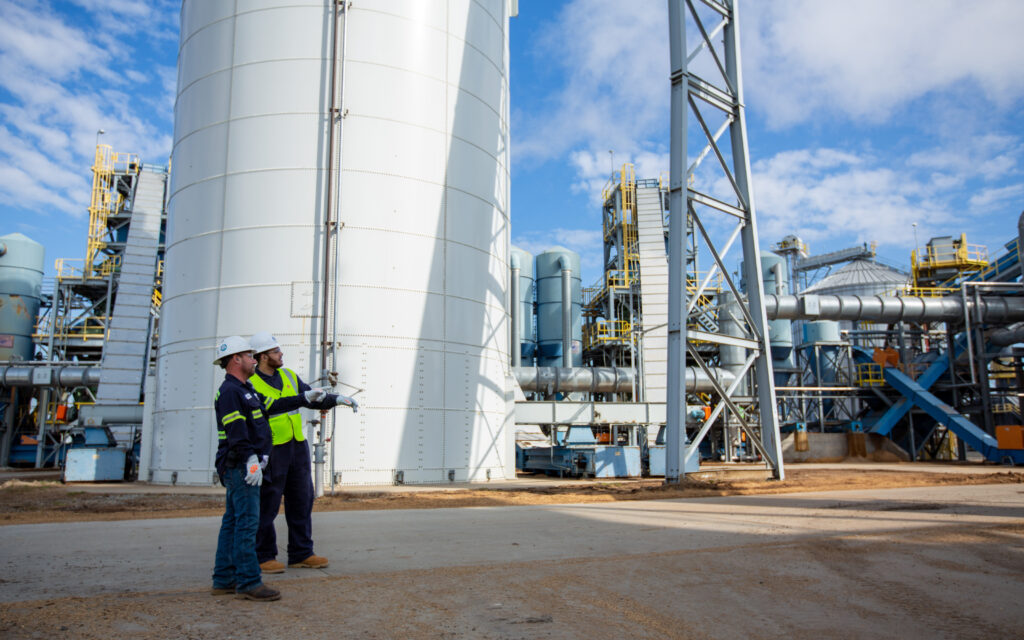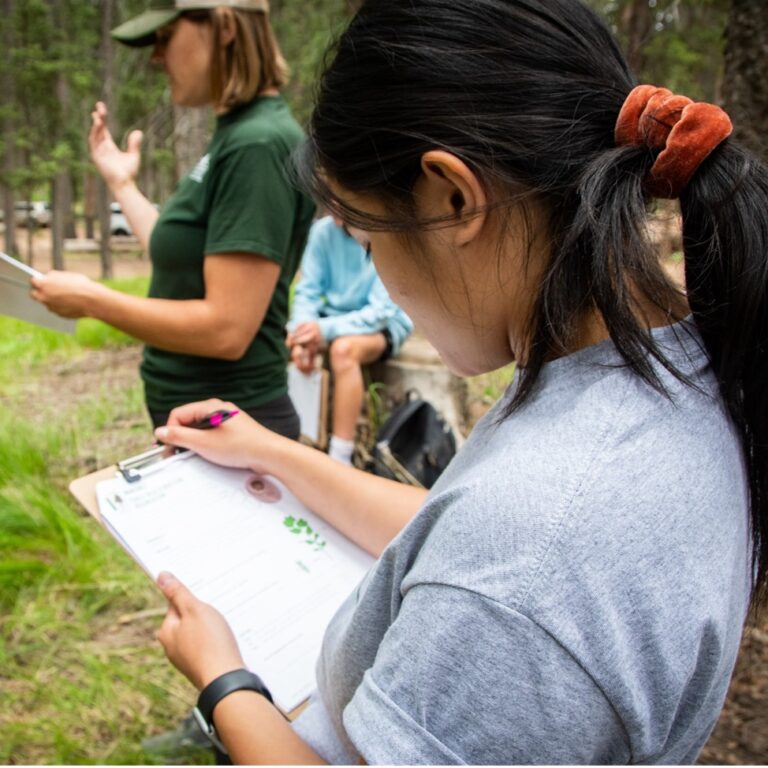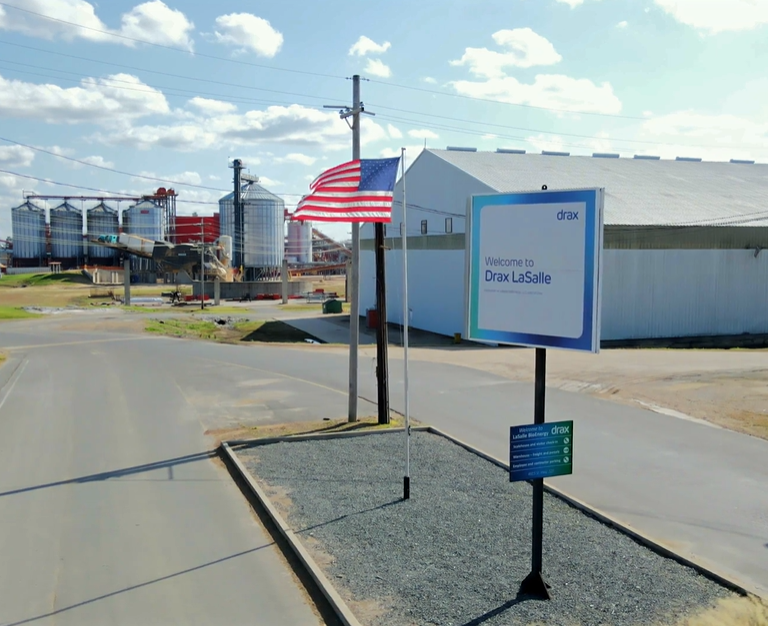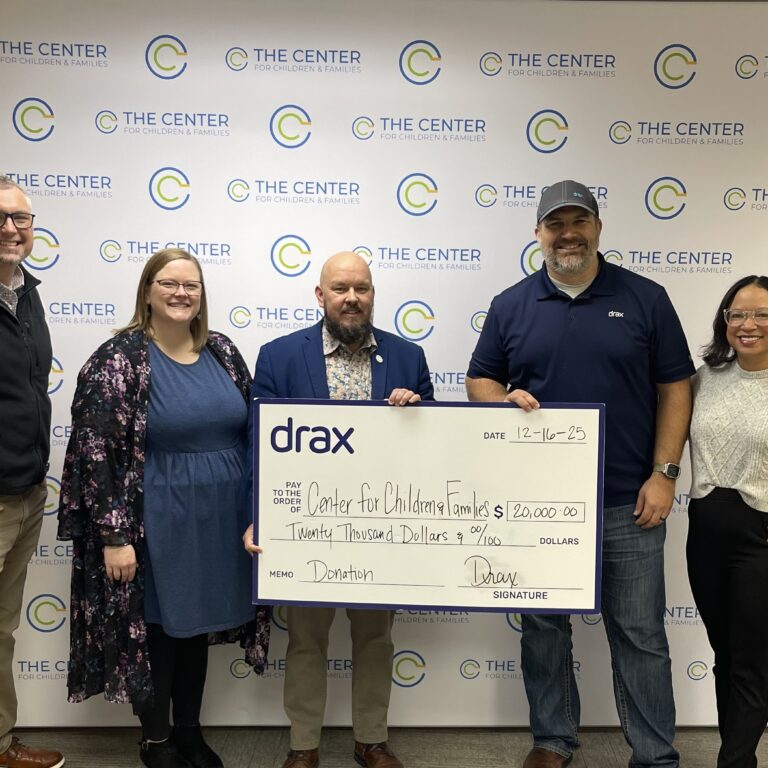- Drax commissioned Chmura – a trusted provider of economic data and analysis – to conduct a study exploring the economic and fiscal impact of Drax’s operations across the U.S. Southeast.
- Sustainable biomass production is now a key industry in Louisiana, Mississippi, Alabama and Arkansas, boosting the economic prospects for rural communities.
- Drax plans for additional growth and further investment the U.S. as biomass and carbon capture plays a key role in the clean energy future.
An independent, third-party economic analysis has shown that Drax Group, a leader in sustainable biomass, could contribute more than $1 billion in total across four southeastern states in 2023, including $425 million to the region’s GDP.
Conducted by a team of data scientists and PhD economists at Chmura, the analysis measured the economic impact of Drax’s biomass operations in Alabama, Arkansas, Louisiana and Mississippi, as well as well as indirect revenues of other businesses supported by Drax’s operations. The four states are home to Drax’s North American operations that produces sustainable biomass.
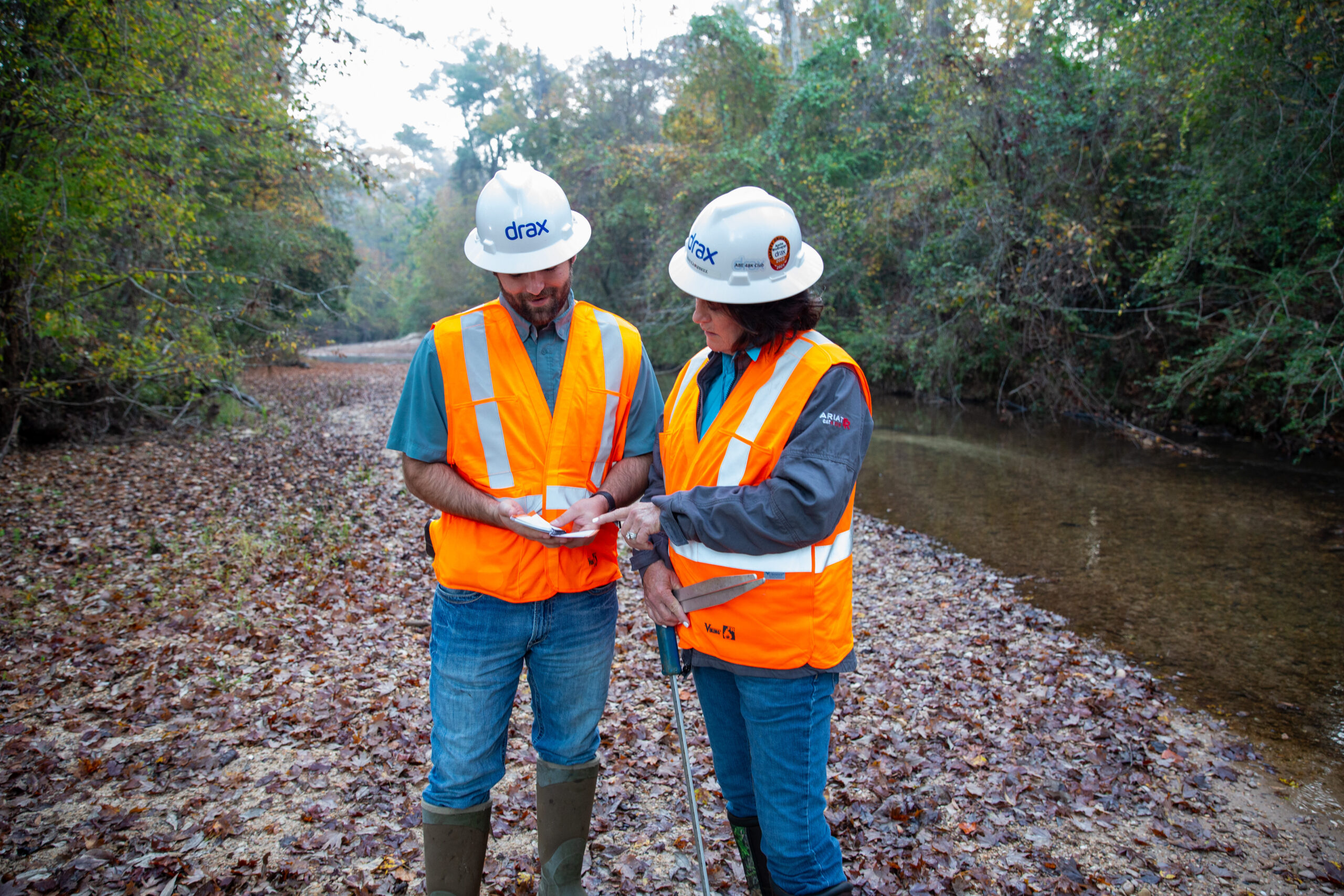
Sustainable biomass uses harvest residuals and low-grade wood, such as tops and branches, low quality trees or parts that are diseased or misshapen. This market for low-grade wood helps improve the health and productivity of forests while providing rural counties with a new income stream.
Other highlights from the report included figures on Drax’s history of investment in the region and contribution to key industries:
- From 2013-2022, Drax has invested $884.1 million in the four states, developing wood pellet plants, a port facility and a corporate office.
- From 2013-2022, capital expenditure for all Drax facilities is estimated to have had cumulative economic impacts of $368.5 million in spending and $184.7 million in GDP in the four states.
- The cumulative economic impact of Drax’s operations from 2023 to 2030 is estimated to be $8.3 billion in total spending and $3.4 billion in GDP to the four states.
“At a time when many families are facing economic hardship, we were very proud to see how sustainable biomass production is providing a multimillion-dollar boost to rural communities” said Matt White, Executive Vice President of North America Operations for Drax. “Drax is committed to ensuring the biomass we source delivers positive outcomes for the climate, for nature and for the communities in which we operate.”
Drax aims to increase its global pellet production capacity from around 5 million tons to 8 million tons by the end of this decade.
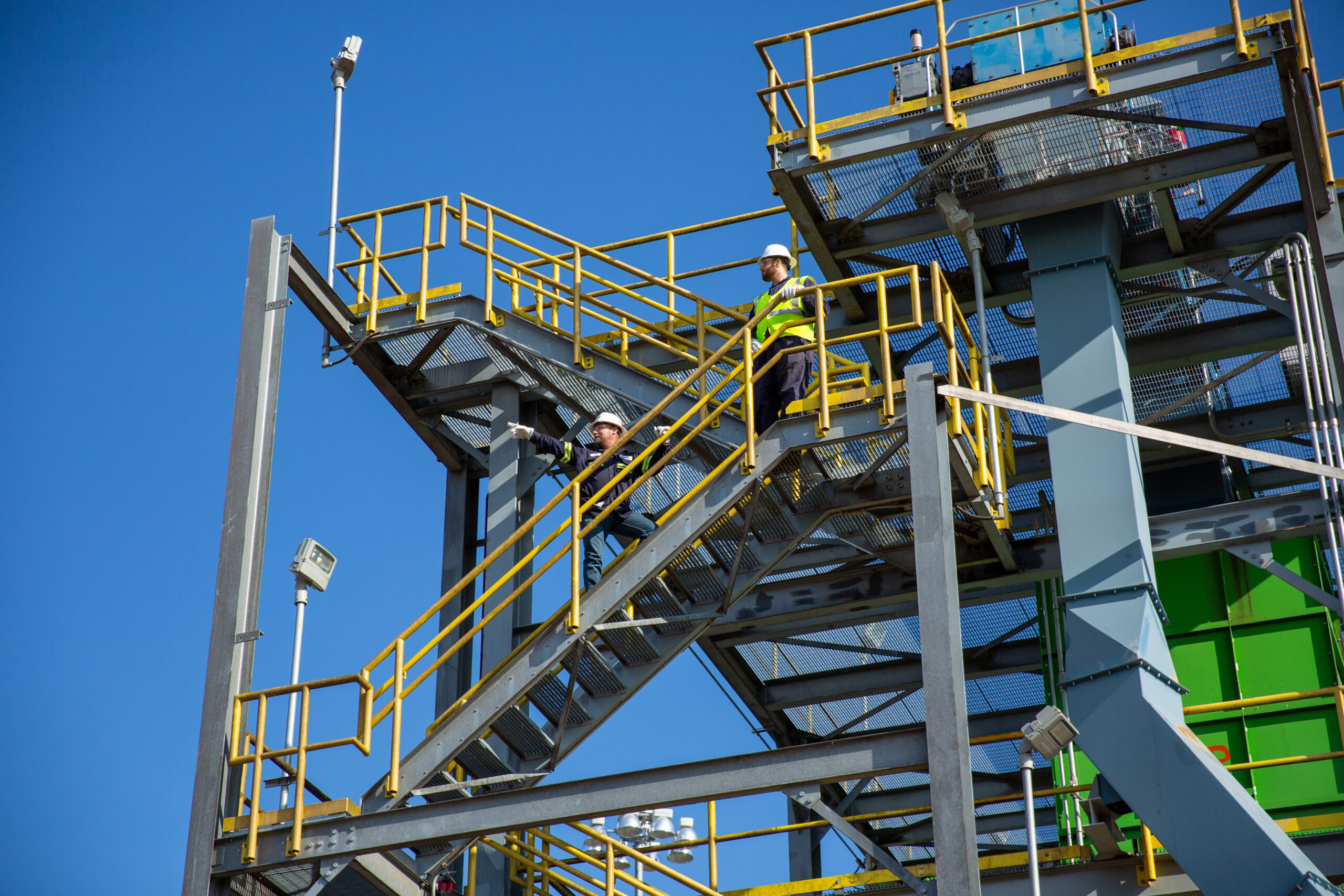
Sustainable biomass is set to play an even larger role in combating climate change in the years ahead.
“Biomass is a reliable renewable power source and, when paired with carbon capture and storage technology, it can permanently remove CO2 from the atmosphere, which will help the world reach its climate targets,” White said.
Drax is pioneering a carbon removals technology – bioenergy with carbon capture and storage (BECCS), which will permanently remove millions of tons of carbon dioxide from the atmosphere while at the same time generating renewable power.
“With the right support from governments, Drax stands ready to invest billions in deploying BECCS at scale across the globe to cut carbon emissions and generate renewable power for millions of homes and businesses,” said White.
A recent study published by the National Renewable Energy Laboratory (overseen by the U.S. Department of Energy) forecast that to deliver the goal of 100% clean electricity by 2035, the country must start deploying BECCS as soon as 2026.
A summary of the Chmura report can be found here.
Media contact:
Alex Schott
VP, North America Communications
E: [email protected]
T: 318-372-4091
About Drax
Drax Group’s purpose is to enable a zero carbon, lower cost energy future and in 2019 announced a world-leading ambition to be carbon negative by 2030, using bioenergy with carbon capture and storage (BECCS) technology.
Drax’s around 3,000 employees operate across three principal areas of activity – electricity generation, electricity sales to business customers and compressed wood pellet production and supply to third parties. For more information visit www.drax.com/us
Power generation:
Drax owns and operates a portfolio of renewable electricity generation assets in England and Scotland. The assets include the UK’s largest power station, based at Selby, North Yorkshire, which supplies five percent of the country’s electricity needs.
Having converted Drax Power Station to use sustainable biomass instead of coal it has become the UK’s biggest renewable power generator and the largest decarbonization project in Europe. It is also where Drax is piloting the groundbreaking negative emissions technology BECCS within its CCUS (Carbon Capture Utilization and Storage) Incubation Area.
Its pumped storage, hydro and energy from waste assets in Scotland include Cruachan Power Station – a flexible pumped storage facility within the hollowed-out mountain Ben Cruachan.
The Group also aims to build on its BECCS innovation at Drax Power Station with a target to deliver 4 million tons of negative CO2 emissions each year from new-build BECCS outside of the UK by 2030 and is currently developing models for North American and European markets.
Pellet production and supply:
The Group has 18 operational pellet plants and developments with nameplate production capacity of around 5 million tons a year.
Drax is targeting 8 million tons of production capacity by 2030, which will require the development of over 3 million tons of new biomass pellet production capacity. The pellets are produced using materials sourced from sustainably managed working forests and are supplied to third party customers in Europe and Asia for the generation of renewable power.
Drax’s pellet plants supply biomass used at its own power station in North Yorkshire, England to generate flexible, renewable power for the UK’s homes and businesses, and also to customers in Europe and Asia.
Customers:
Drax supplies renewable electricity to UK businesses, offering a range of energy-related services including energy optimization, as well as electric vehicle strategy and management.
To find out more go to the website www.energy.drax.com

